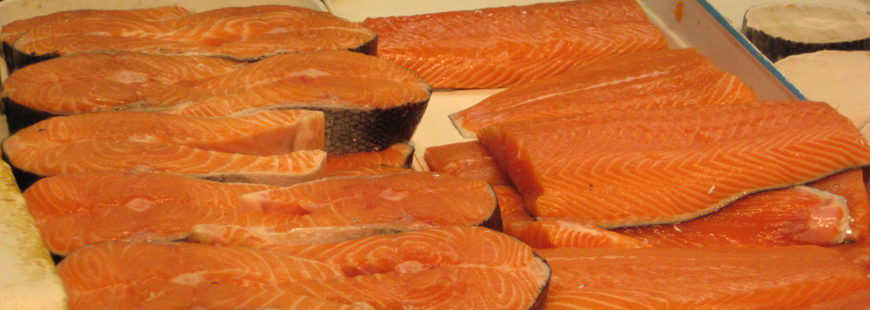Advocates in the fisheries world often lament how complicated the policies are and how hard it is to explain the nuances to the general public.
Well, fisheries management is extremely esoteric and opaque when you get into the scientific nitty-gritty. But at a fundamental level, the crafting and execution of fisheries policy is the most simple thing in the world.
Fisheries – like many issues – have become political, and politics is about power.
There was a time in my life when I believed we lived in a pluralistic society where political groups could hold differing beliefs and tolerate others who didn’t share their opinions. The differing groups would publicly debate the merits of competing ideas using a mutually acceptable common language. Undergirding this all would be a foundation of shared values and a dream for a better future. I still want to live in a world like this.
Unfortunately, this is not how American democracy has been operating lately. When two sides to an issue have become so diametrically opposed to each other that no basic, fundamental common ground can be achieved, what is there to compromise on? If you believe your enemies are always lying or arguing in bad faith, what is there to debate?
In our current partisan climate, politics ultimately comes down to one thing: the exercise of power. The majority party decides who gets to eat and who is left to starve so to speak. The most often used tactic in such an environment is to build a bigger coalition, craft a policy agenda that reflects your values, take power, and then implement that agenda by any legal means necessary. Plain and simple. Compromise in and of itself is not an actual policy goal; it’s merely a tactic to grow your coalition.
Because so much of politics is driven by money, the wealthy often have more power than the less wealthy. Small environmental nonprofits, chef-owned restaurants, and small-boat commercial fishermen have traditionally not wielded the levers of power because their respective fields tend not to generate a lot of money. We will never be able to outspend our opponents, so we have to look to other ways to influence decision makers. No matter how much money flows into politics, all candidates still need votes to win.
This is where a coaltion of like-minded people can really make a difference.
Some compromise on certain issues will be necessary to build a coalition large enough to get a reauthorization bill into law. Those of us who have the best interest of fishing communities at heart don’t always agree on everything, but that doesn’t mean we can afford NOT to work together. The opportunity to have a say in the MSA reauthorization comes around less than once a decade. Now is the time to build strength in numbers and work with Congress on an agenda that we can successfully execute.
The good news for 2019 is that we have new leadership in the House of Representatives and a new MSA bill will likely emerge from the Water, Power and Oceans subcommittee. Sure, the two chambers of Congress are divided, and this has traditionally led to gridlock, but fish policy doesn’t have to be a partisan issue.
The political system hasn’t always worked well, but that doesn’t mean we can’t seize this opportunity for everyone who depends on healthy and abundant fisheries. If we want to make the world a better place, we cannot afford to be divided.
Let’s be smart. Let’s get stronger. Let’s win.



I am ready to sit down and talk with anyone about MSA.
Greg DiDomenico
Garden State Seafood Association